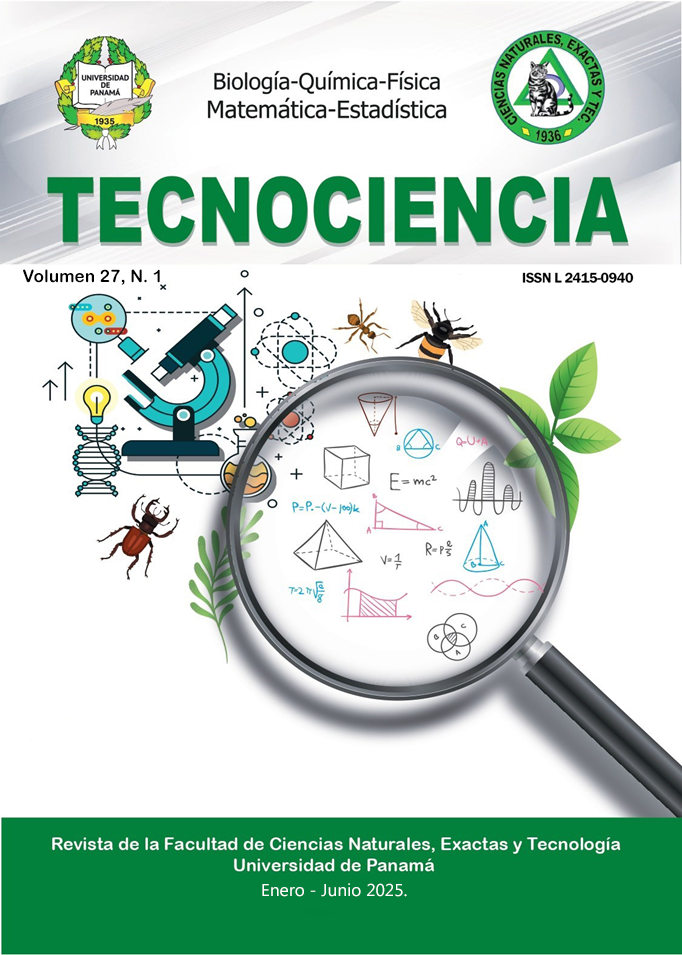

Copyright (c) 2024 Tecnociencia

This work is licensed under a Creative Commons Attribution-NonCommercial-ShareAlike 4.0 International License.
Stock markets have been the object of intense study by mathematicians, statisticians, and economists since the twentieth century, in large part motivated by the benefits one would obtain from deciphering their patterns. One of the main prevalent theories today, and the first to ever be proposed in mathematical language, asserts that market returns are completely random and with finite volatility. On top of having plenty of empirical evidence, these ideas are also popular for simplifying important tasks such as portfolio construction and risk management. This paper puts this theory to the test using the Panamanian stock market, which has never been included in previous studies of these concepts. The results show that the Panamanian stock market is indistinguishable from a random walk for certain holding periods, but in the very short term presents evidence of mean reversion.